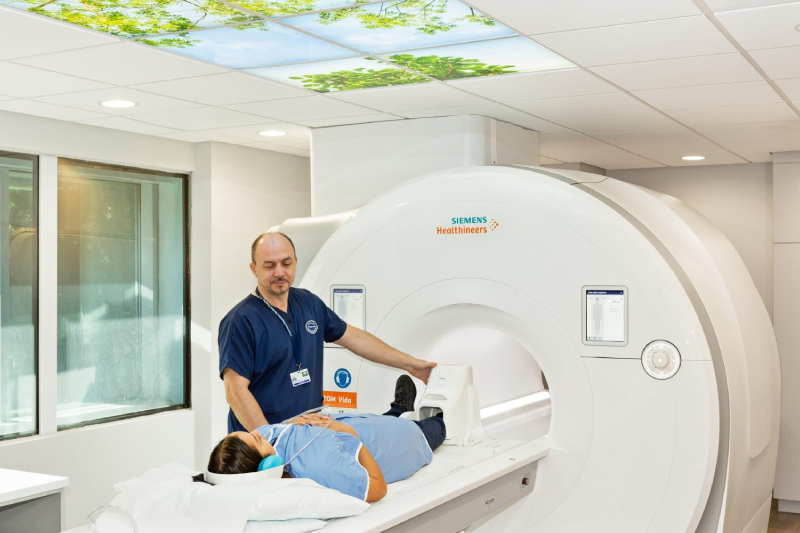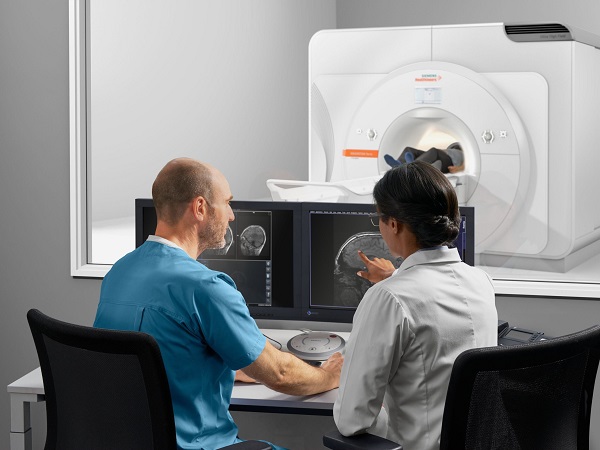
What Is The Latest MRI Technology?
An MRI scan can produce more detailed images than an X-ray or CT scan. The newer MRI machines produce better images and are less expensive than older ones. Recent advances in MRI machines have simplified the MRI process and made it more comfortable. The latest machines come with magnets that are twice as powerful, offering faster and more accurate results.
The newest MRI technology can also provide better sensitivity and resolution than traditional MRI scanners. MRI scanners are extremely fast, enabling doctors to detect any problems as soon as they appear. Anderson, a leading diagnostic centre in Chennai (https://www.andersondiagnostics.com/), shares insights into the new advancements in MRI technology. Find out more.
Recent Advances In MRI Technology
MRI uses a high magnetic field to create an image of the patient’s body. MRI scans significantly impact the overall quality of the images produced, and increasing the magnetic field is the most direct way to boost the SNR.
MRI technology has been improved tremendously over the last years, allowing for faster contrast scans, simplified cardiac imaging procedures, and MRI scans of the lungs. Lung MRI is now a possibility because the lungs are filled with air and contain a low density of hydrogen atoms, making it difficult to perform MR imaging. Following are a few recent advancements in MRI technology.
- MRI software from Philips automatically creates MRI protocols based on the MR-conditional implantable devices that the patient possesses.
- Siemens has developed a new MRI application that reduces MRI scan times by as much as eight and allows physicians to acquire clinically necessary images with a single button press. This can help to reduce the number of rescans and sedation required. The FDA has cleared the Siemens’ Magnetom Amira 1.5T MRI system and provides technology that allows for significant power savings when the system is in standby mode. It also provides protocols that allow quick inspections while preserving great picture quality.
- GE Healthcare demonstrated a new cardiac MRI technique that simplifies performing a full 3-D chest volume scan, reducing the exam time from 70 minutes to 10 minutes. GE Healthcare has added a new MRI software platform, Evolution 5, that includes a new image processing algorithm, a new reconstruction task, and a new optimized fast-spin echo sequence. The software includes motion compensation, a neuro suite, and a new MRI noise reduction technology. GE renamed its MRI product range under the Signa brand name about two years ago. The Signa Pioneer 3.0T, Signa Explorer, and Signa Creator 1.5T MRI scanners are similar in design and incorporate Total Digital Imaging (TDI) technology.
- Today, a cardiac MRI exam is approximately 200 MB in size, but a ViosWorks scan is approximately 20 GB in size. MRI-conditional implants are becoming more common, and the new ScanWise Implant program makes it easier to scan patients with these implants. The program features a guided user interface and automatic scan parameter selection.
- Toshiba bought Olea Medical SA in 2015 to accelerate its MRI business and provide multimodality solutions. Toshiba unveiled the Vantage Titan 3T/intelligent Solution Edition MRI system in 2015, which provides improved image quality and throughput, and a new knee speeder coil and head/neck speeder coil.
- The first Ambient Experience MRI system was installed in the United States earlier this year. The system allows patients to relax during their procedure through sound and light.
- The Ingenia 1.5T MRI system includes enhancements such as ScanWise Implant, which makes scanning patients with MR conditional implants more convenient and accurate.
Making MRI Accessible By Incorporating Metamaterials

According to the best scan center in Chennai, metamaterials are the latest advancements that make MRI more accessible and affordable. Intelligent metamaterials can enhance MRIs by boosting the amount of energy returned to the MRI. The use of metamaterials, which consist of materials made from other materials, can speed up MRI. Researchers have developed a new MRI metamaterial that increases the signal-to-noise ratio tenfold, resulting in sharper images at a lower cost.
Additionally, the metamaterials can reduce the length of MRI tests significantly. Researchers use their magnetic metamaterial array to improve MRI performance by integrating it with clinical magnetic resonance imaging equipment.




